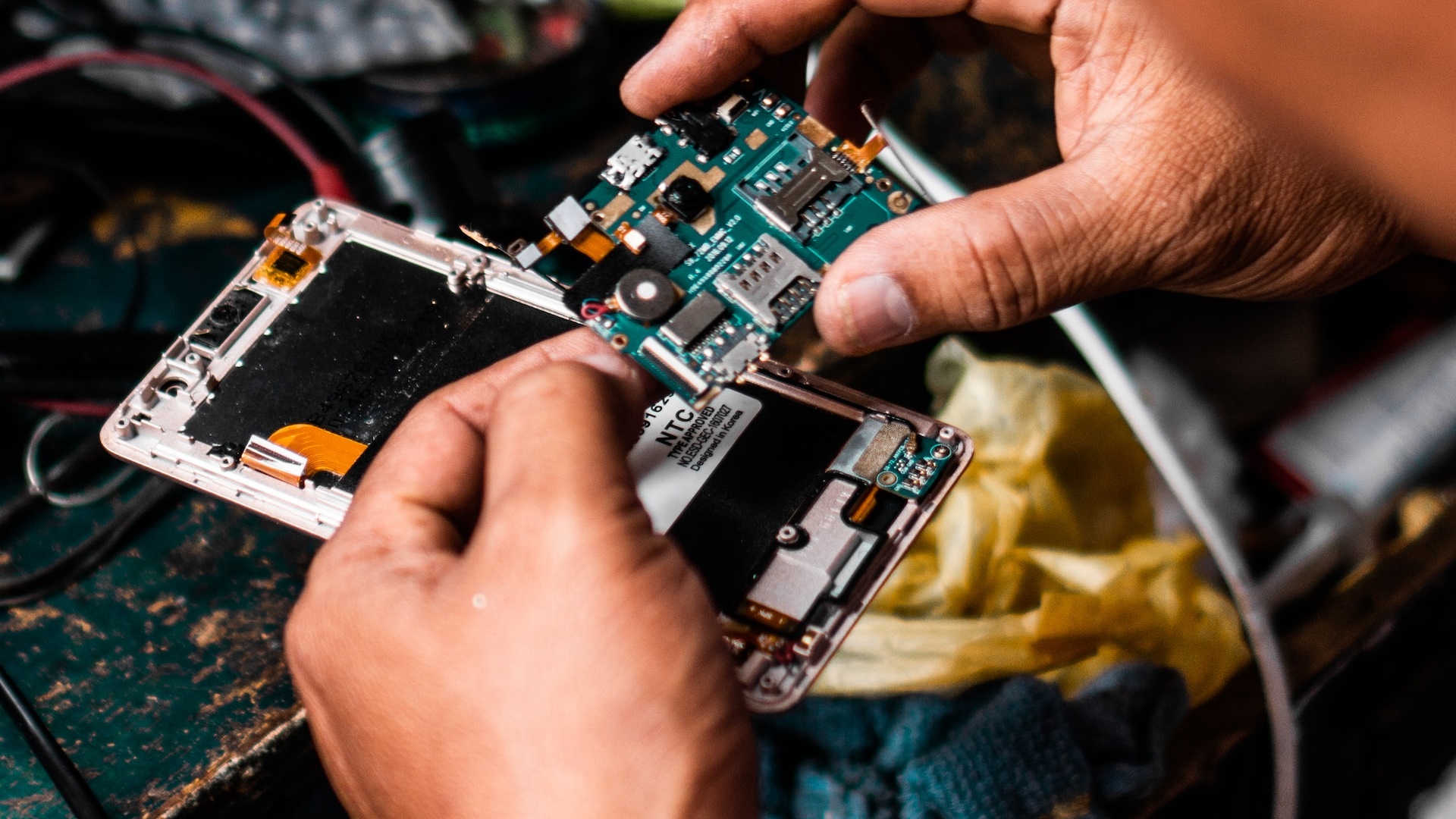- E-Waste Recycling Authority is hoping to make South Africans more aware of our growing ewaste problem.
- Discarded electronics, appliances and more can leech toxic chemicals into the ground causing environmental catastrophes.
- ERA is working with government and SMEs to drive awareness and job creation in the sector.
One would assume that because South Africa is a “third-world country”, we don’t have an electronic waste (ewaste) problem, but we are starting to amass a worrying amount of tech junk.
According to non-profit organisation E-Waste Recycling Authority (ERA) the amount of ewaste being generated exceeds the amount of municipal waste we generate in South Africa. ERA has been operating in South Africa since 2018.
“Electronic waste has a huge environmental impact, especially in the context of Africa, where poverty and existing socio-economic issues has led to people smashing electronic waste on the streets and burning cables to extract valuable components for resale – one only has to look at what’s happened elsewhere on the continent for a horrifying picture of this. It is always the poor who are the most affected by these kinds of issues,” explains chief executive officer at ERA, Ashley du Plooy.
As you may be aware, improperly disposing of electronics can lead to dangerous chemicals such as lead and mercury leeching into the ground, potentially contaminating groundwater reserves. While often when we think of ewaste we picture notebooks and smartphones, ERA points out that everything from washing machines to old kettles counts as ewaste.
With that in mind, the organisation says it is working to spread awareness about the local ewaste problem and how citizens can play their part by properly disposing of their electronics and appliances.
This includes ramping up the availability of ewaste collection points at retailers and wholesalers. The NPO also wants to set up collection points in neighbourhoods and at residential complexes.
“Crucial to this rollout is our partnerships with government, municipalities, local recycling operations, and other key stakeholders, who we engage through a consultative approach,” says du Plooy.
To that end, ERA is working closely with the Department of Forestry Fisheries and Environment to drive the uptake of jobs in the ewaste sector. This is being accomplished in three ways:
- integrating informal collectors, for which ERA currently has a number of pilot programmes running,
- actively engaging various service providers and contractors, and
- the inclusion of Small, Medium and Micro enterprises (SMMEs) outside of the current service provision fold.
“There are many factors that still need to be understood before we can truly scale; appropriate collection and recycling standards, collection fee structures, as well as refining other key metrics,” the CEO of ERA adds.
For businesses that want to get involved in addressing the growing problem of ewaste in South Africa, we recommend visiting the organisation’s official website here for more information.

